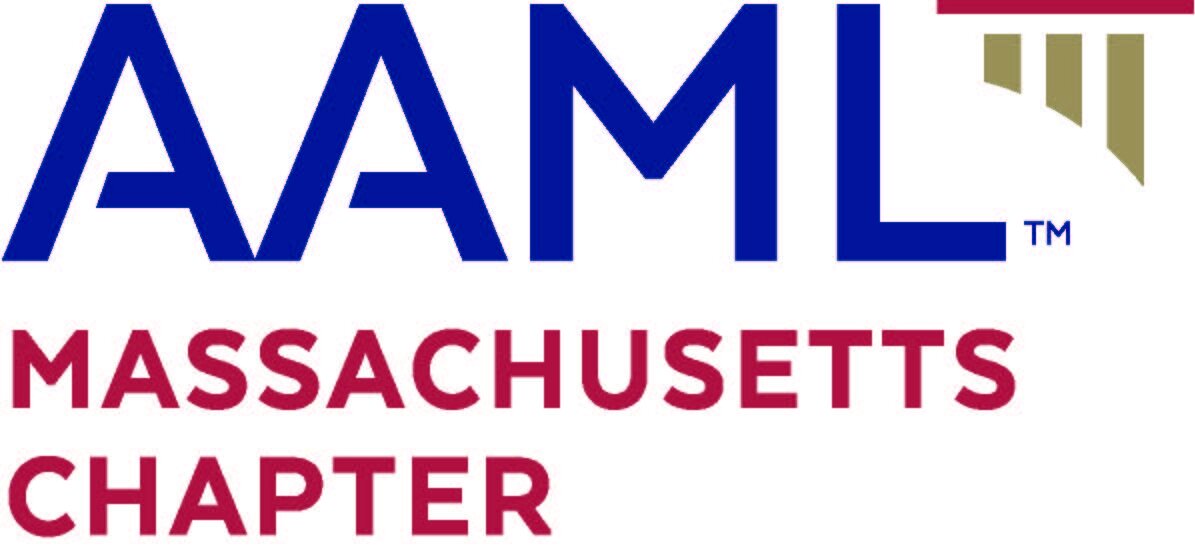High Asset Divorce
When parties divorce with significant assets, much of the litigation involves the division of property. In all cases, it is up to the parties or the court to decide how to divide financial accounts, as well as personal property and real estate. Property to be divided may include retirement assets that are vested or unvested, military retirement benefits, pension assets, annuity accounts, stocks, bonds and any other thing of value. The court also has the ability to award and divide business interests, vacation homes, timeshares, and other property. The court has the authority to award “marital property” to either party, but also has the authority to award one spouse’s “separate” property to the other spouse.
Like other family law issues, dividing a marital estate with many assets is unique and sometimes difficult to predict.
The court is required in all cases to analyze and weigh many factors before entering a judgment dividing a marital estate, and that analysis is more intense when large sums of money are at stake. In all cases, the court must analyze the factors set forth in Massachusetts General Laws Chapter 208, Section 34.
The court will consider the length of marriage, earning capacity of each spouse, income, how the parties’ significant assets were acquired, the age and health of the parties, each party’s “station” in life, vocational skills and employability, estate, liabilities and needs, the extent to which one or both parties contributed to domestic duties or raised children, how a party’s conduct during marriage may have enhanced or reduced the marital estate, each party’s opportunity to obtain future assets, and the nature and duration of any alimony award. The court is also permitted to consider the needs of any dependent children of the parties.
Often, the phrase “marital standard of living” is used to summarize many of the Section 34 factors. In high-asset dissolution cases, this concept is often heavily litigated. When assets and income are plentiful, often the “supported” spouse makes an argument that the standard of living during marriage was extremely high, and that he or she was able to spend freely, vacationed whenever and wherever, acquired personal and real property on a whim, and so on.
Earning capacity looks at the ability of each spouse to maintain a similar lifestyle to that of the marriage. This can be complicated if one party didn’t work. However, in Massachusetts, the courts view marriage as a partnership, meaning that if one spouse stayed home to raise children or care for the marital home, while the other worked outside the home to make money, the contributions of the nonworking spouse should be considered to the success of the working spouse because of their inherent partnership. The court will also look to see if the non-working spouse will readily be able to find work, or if they sacrificed a career for the other spouse.
The court will also look into how the parties came into their assets, whether the spouses worked to accumulate wealth, or whether it came to a party from a gift or inheritance. When spouses come into money, such as from lottery winnings or inheritance, the court will look at how that money was used before the divorce proceedings, and the length of time that passed since the acquisition. Even though a particular asset may be “separate” property or separately titled, or was the result of an inheritance or gift, the court retains the authority to give the asset, or a portion of the asset, to the other spouse.
In high asset divorce cases, the court is not obligated to divide assets equally. After weighing the Section 34 factors, and after considering any alimony to be paid, the court is permitted to award an unequal portion of the parties’ collective assets to one party.
In divorce cases where significant assets are at stake, “discovery” often plays a role in the direction and timing of the case. Discovery refers to methods of information gathering during a civil litigation case, such as a divorce. There are many methods of discovery, which include demanding certain documents be turned over, asking written or oral questions under oath, demanding a party admit to certain facts, and the like.
In high asset divorce cases, discovery should be carefully planned and implemented. There are often many professionals involved in managing, acquiring or dispensing of assets that belong to the wealth parties, including accountants and CPAs, financial advisors and agents, brokers, attorneys, and other similar professionals.
Every Massachusetts Fellow has significant experience in high asset divorce matters. For more information about contacting a Fellow in your area, click here.

